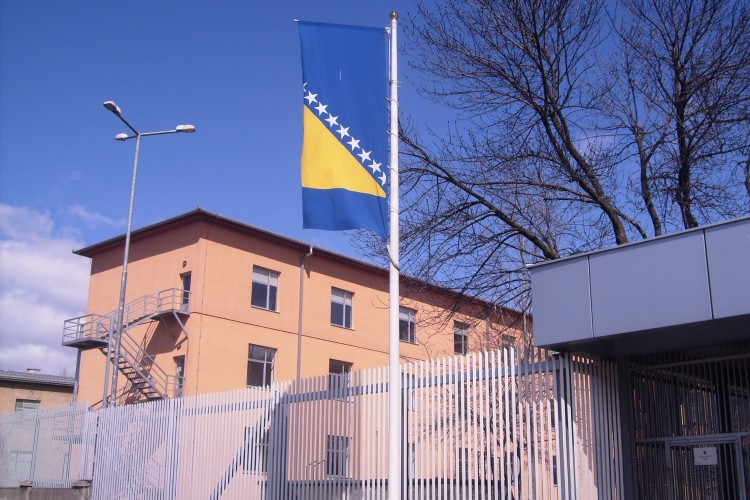The Regional Group on Missing Persons (GNO) held a meeting with the aim of intensifying regional cooperation, exchanging information, and working with families in search of the remaining missing persons in ourregion.
Marko Jurisic, Chairman of the Board of Directors of the Institute for Missing Persons (INO) of Bosnia and Herzegovina(BiH), said at a press conference that resolving the issue of missing persons is a regional issue and a regional problem and that effective results cannot be achieved without regional cooperation.
He noted that about 11.000 missing persons are still being searched for in the region of the former Yugoslavia, which is a huge number. He added that 7.628 people refer to BiH.
“So, 70 percent of all missing persons in the former Yugoslavia, unfortunately, refer to our country, to BiH. That is why we are very interested in the successful continuation of regional cooperation,” told Jurisic.
According to him, the members of the Regional Group for Missing Persons have opened many questions that they hope will help them make their work more successful.
“We agreed to create a mechanism for searching war military archives, auditing mortuaries containing ‘NN’ remains in the region, accessing documents and lists of exchanged persons and what will most significantly affect our results, and that is a better exchange of information on potential locations of mass and individual gravesites, ” pointed out Jurisic.
Kathryne Bomberger, Director-General of the International Commission on Missing Persons (ICMP), explained that a total of 40.000 people went missing in the former Yugoslavia due to conflicts in BiH, Croatia, and Kosovo, as well as the crisis in Macedonia during 2001.
“Missing persons do not know borders, neither regional nor international, and that is why the cooperation of different countries is crucial for this. The first thing is that countries must take responsibility for finding missing persons, and the second thing is that families of missing people must get answers,” stated Bomberger.















